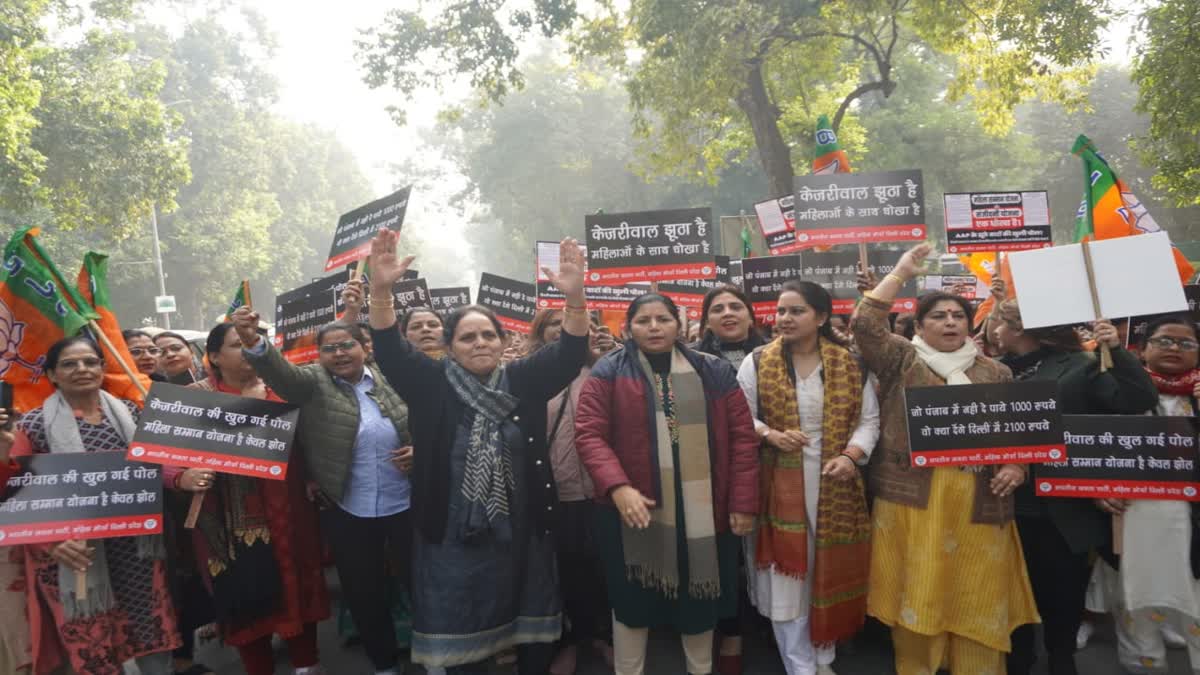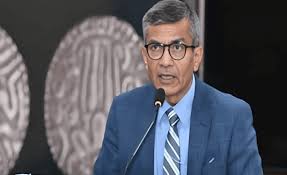Impact of farm bills on markets and farmers: Five indicators to track
Mon 21 Sep 2020, 17:15:27

NEW DELHI: The new legislations that look to rejig India’s vast and fragmented agriculture markets together with amendments to the Essential Commodities Act are significant structural changes brought in by the Narendra Modi government. So far protests by farmers have largely concentrated in north-western India, in Punjab and Haryana, but the legislations are likely to have far reaching impact over the next few years across states.
The government hopes competitive markets and higher private investments in the food supply chain will improve farm-gate prices. Here are five indicators to watch out to understand the near-term impact of these reforms.
Firstly, over the next few weeks, freshly harvested kharif crops will start arriving in the markets. The number to watch out for, is by what extent arrivals in existing mandis drop. For instance, if arrivals drop significantly by say, over 25% compared to last October (the peak arrival month), this would mean trade is shifting out of APMC yards to take advantage of the zero taxes and fees provision of the new regime. But without regulatory oversight and monitoring of transactions outside APMC mandis it remains unclear how the welfare impact on farmers will be quantified. If arrivals show no change year on year, that would mean a status quo for now.
Secondly, data on wholesale prices have to be closely monitored to understand the immediate impact of the bills on farm gate prices. As crop production is expected to touch record highs following ample rains and higher plantings, a slide in wholesale prices could lead to unrest among farmers. More so, since the Prime Minister has assured that farmers won’t be
denied procurement at minimum support prices (MSP). It is likely that farmers will hold the government accountable if prices drop and state procurement remains limited for pulses and oilseeds.
denied procurement at minimum support prices (MSP). It is likely that farmers will hold the government accountable if prices drop and state procurement remains limited for pulses and oilseeds.
The third indicator is how government procurement of food grains will change, especially in states like Punjab and Haryana. Will the Food Corporation of India use the services of commission agents and procure from mandis by paying over 8% in taxes? Or will the government procure from outside mandis while undertaking MSP operations? Any disruption to the usual procurement regime may lead to further unrest in these states.
Fourthly, policy makers and the central bank may need to closely monitor how changes in the Essential Commodities act will impact retail food inflation. With the government allowing private players to stock agri commodities freely, chances of hoarding to manipulate retail prices cannot be ruled out. The government needs to closely track privately held stocks, else the current trend of high food inflation may not ease despite record harvests. A transparent regime on privately held stocks is also required for trade policy decisions.
Lastly, farmer groups need to closely monitor corporate interventions in agriculture markets. It is unlikely that private firms will immediately invest in value chains or set up private markets if state governments are not aligned to the reform agenda. A politically volatile situation will deter them from investing. However, it could well be the case that food companies use services of the much-vilified middlemen while procuring directly from farmers. But farmers are unlikely to benefit from such transactions.
No Comments For This Post, Be first to write a Comment.
Most viewed from World
AIMIM News
Owaisi hails SC order on Places of Worship Act
Dec 13, 2024
AAP Corporator Tahir Hussain joins AIMIM party
Dec 11, 2024
BJP-SP two sides of same coin: Asaduddin Owaisi
Nov 19, 2024
Latest Urdu News
Most Viewed
May 26, 2020
Do you think AAP will perform better in Delhi polls without alliance?
Latest Videos View All
Like Us
Home
About Us
Advertise With Us
All Polls
Epaper Archives
Privacy Policy
Contact Us
Download Etemaad App
© 2024 Etemaad Daily News, All Rights Reserved.



























